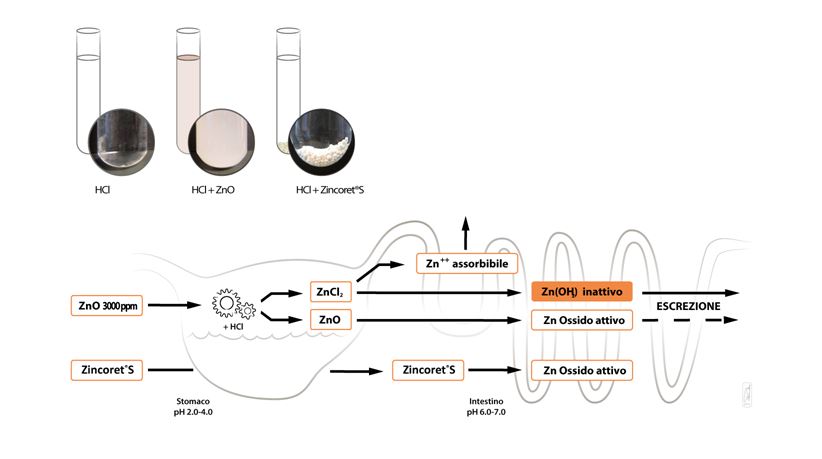Abstract
Salmonella typhimurium is one of the major bacteria responsible for gastroenteritis in humans caused by foodborne pathogens. As pork is one of the main routes of transmission, bioactive compounds used as feed additives may be an important strategy to control Salmonella typhimurium.
The aim of this study was to assess the antimicrobial activity of several organic acids and nature identical compounds against Salmonella typhimurium ATCC®6994. Moreover, the effect of sub-lethal concentrations of thymol and carvacrol in counteracting a Salmonella typhimurium in vitro infection on Caco-2 cells was evaluated, focusing on the maintenance of the epithelial barrier and the alteration of Salmonella virulence genes.
The results showed a protective effect of the compounds on the integrity of the intestinal monolayer, improving transepithelial electrical resistance and bacterial translocation compared to the non-treated cells. A real-time PCR study highlighted a significant downregulation of the main virulence genes of Salmonella (hilA, prgH, invA, sipA, sipC, sipD, sopB, sopE2). These findings indicate that thymol and carvacrol could be good candidates for the control of Salmonella typhimurium in pigs.For more information: marketing@vetagro.comRead the full text here.









